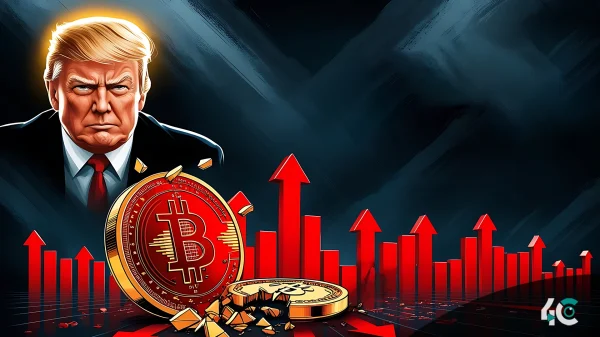Adam Neumann, who used to be CEO of WeWork, co-founded Flowcarbon, a blockchain-based climate company. After the failure of its highly expected “Goddess Nature Token” (GNT) launch, the company has started to pay investors. It took more than a year for this choice to be made. Flowcarbon said that the returns were delayed because of bad market conditions and opposition from carbon credit registries.
By turning carbon credits into “tokens” that buyers could buy, sell, and trade through blockchain technology, the company had big plans to change the carbon credit market. Flowcarbon planned to back up each GNT with a matching number of approved carbon credits. This is a common way for businesses to balance out their carbon emissions. Even though Flowcarbon raised $70 million from well-known venture capital companies like Andreessen Horowitz, General Catalyst, and Samsung Next, the GNT never made it to market.
It was said that investors who had been waiting for the start since last year got their money back in the last few weeks. In order to get their money back, GNT buyers had to sign deals that kept their information secret and gave up their rights to sue Flowcarbon and its companies.
Flowcarbon hasn’t said anything about these returns in public. But a company official told Forbes that the company has known for a while that delays in the market for carbon credits have caused GNT buyers to get their money back. Even with these failures, the company is still determined to be the leader in carbon funding innovation.
The Goddess Nature Token was created to make carbon credits easier for more buyers to get, which could lead to more people participating in the carbon market. One metric ton of carbon dioxide that doesn’t get into the air is worth one carbon credit. Tokenizing these credits could have made trade easier to understand and more efficient. But this goal has been hard to reach because the carbon credit industry is having a hard time switching to blockchain-based solutions.
It’s not just Flowcarbon that’s having trouble in the market for environmental tokens. A big chunk of the $186 million energy and environment-related token market is made up of two coins: Powerledger’s POWR and Energy Web’s EWT.
Even with these problems, Flowcarbon is still moving forward with its carbon finance projects, and many early donors are still waiting for their money back. Adam Neumann is still an important part of Flowcarbon’s future plans, even though he is also involved in other projects, such as a new real estate company called Flow.
















































